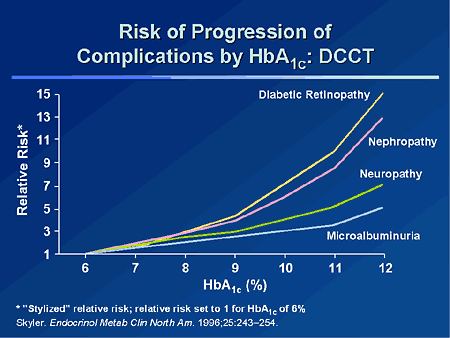- Messages
- 10
- Type of diabetes
- Type 1
- Treatment type
- Diet only
Hello all.
I was diagnosed type 1 in spring of this year. I'm beginning to get curious about possible complications of being type 1 as I'm becoming more settled with the condition.
It's my understanding that foot complications are a result of high blood sugar over a long period of time. However, I have a feeling I'm wrong to have such a simple out look on the matter. Because if I'm right, good blood sugar management should prevent any foot complications at all?
Once a good diet is in place and a solid insulin regime is implemented, keeping blood sugar between 4 and 8 seems quite easy and common for most people ( except for those random days where your body just seems to not take. But they are certainly short term )
In summary. If I manage my diabetes/blood sugar properly foot complications shouldn't really be an issue? Or is there more to it than that?
Also I understand this forum probably has this topic brought up a lot and I can and will search for these, but half of the reason for me starting this thread is to begin a dialog with other members on the subject.
Cheers
I was diagnosed type 1 in spring of this year. I'm beginning to get curious about possible complications of being type 1 as I'm becoming more settled with the condition.
It's my understanding that foot complications are a result of high blood sugar over a long period of time. However, I have a feeling I'm wrong to have such a simple out look on the matter. Because if I'm right, good blood sugar management should prevent any foot complications at all?
Once a good diet is in place and a solid insulin regime is implemented, keeping blood sugar between 4 and 8 seems quite easy and common for most people ( except for those random days where your body just seems to not take. But they are certainly short term )
In summary. If I manage my diabetes/blood sugar properly foot complications shouldn't really be an issue? Or is there more to it than that?
Also I understand this forum probably has this topic brought up a lot and I can and will search for these, but half of the reason for me starting this thread is to begin a dialog with other members on the subject.
Cheers


